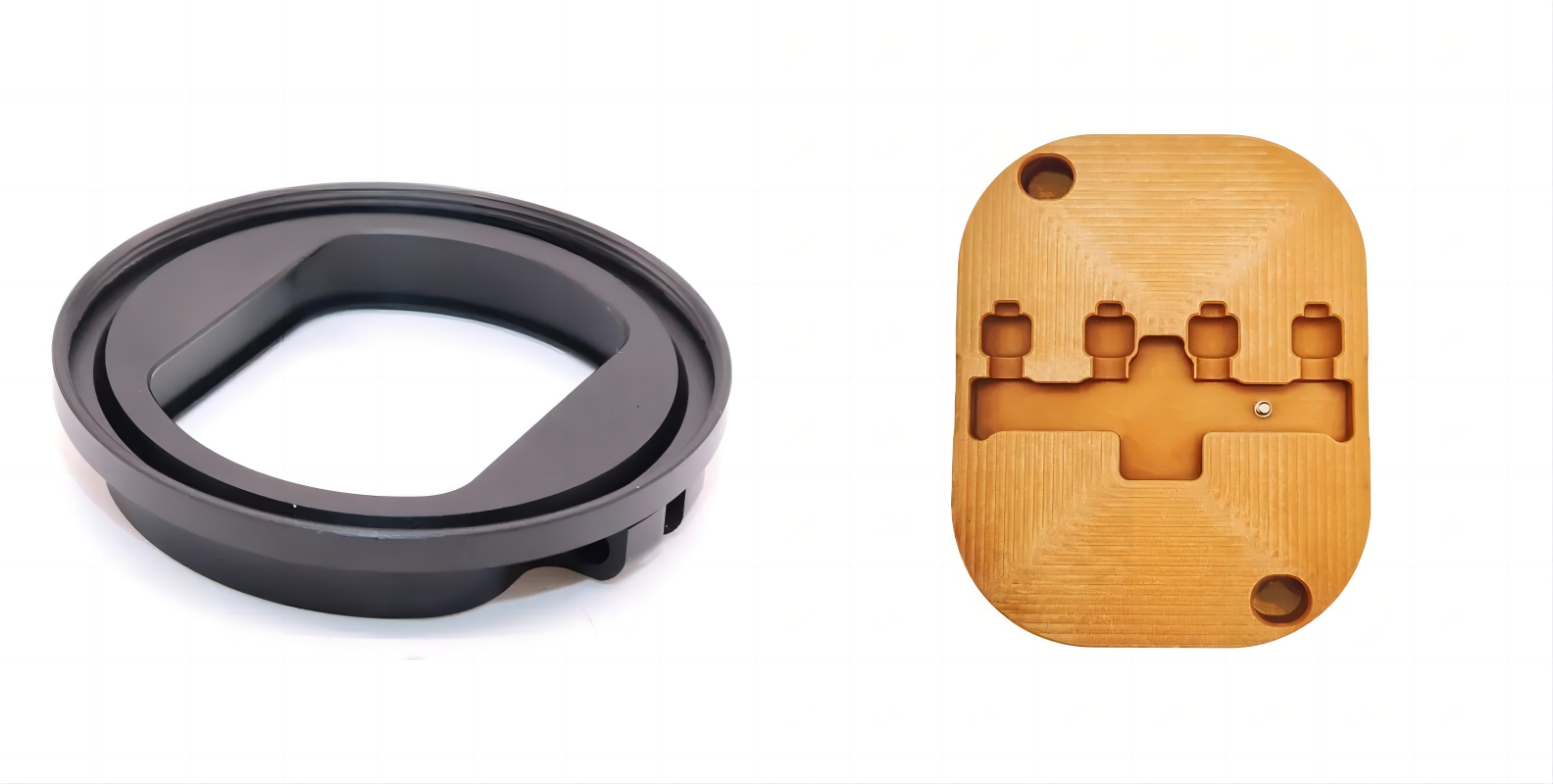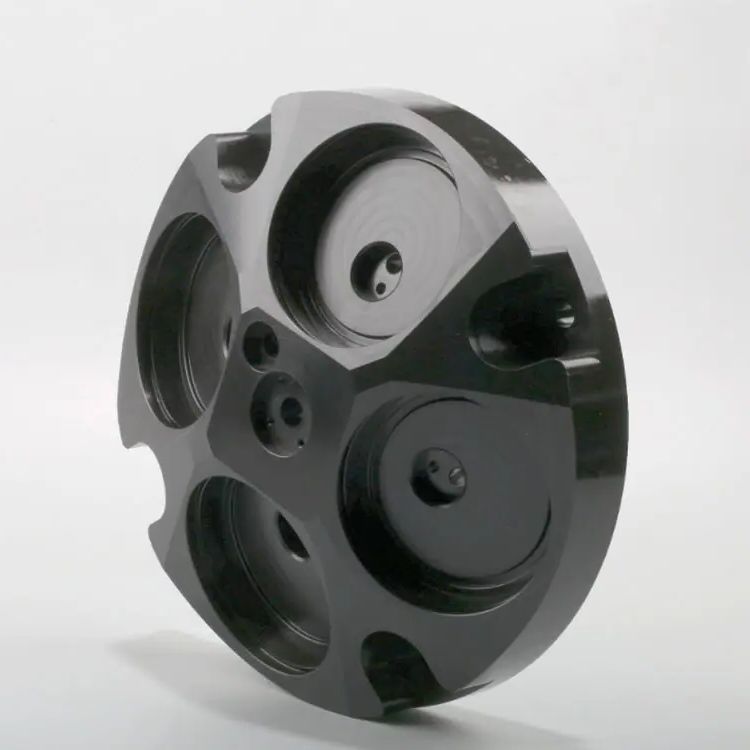PVC Machining Parts: Material Guide
PVC material has become one of the most widely used plastic materials with its excellent resistance to acid, alkali and corrosion. CNC machined PVC parts have good air tightness and impermeability.
PVC plastic has poor thermal stability and is not easy to CNC machine, but Tuofa, as a top CNC parts manufacturer in Shenzhen, China, our engineers have unique PVC machining skills. We have worked with 34 developed countries around the world in the plastic CNC machining service.
What is PVC
Polyvinyl chloride(PVC) ranks second in global production of plastics after polyethylene. Because of its excellent chemical resistance, electrical insulation, flame retardancy, light weight, high strength and easy processing advantages, is widely used in industry, agriculture, construction, electronics, medical, automotive and other fields, becoming the most widely used plastic models, PVC parts CNC machining in the development of the economy occupies an important position.
PVC Material Machining Considerations
Teflon Materials for Prototyping and Production
Your main concern when choosing CNC machining services for PVC material is quality and efficiency?
Tuofa 8 mechanical engineers are familiar with the various properties of PVC. In our advanced CNC machines and skilled processes, we ensure that every part is of the highest standard, from prototyping to production, and we also offer over 20 surface finishes.
Learn how we can meet your individual needs
PTFE Material Properties
| Properties | Test Standards | UNIT | Value |
| Density | ISO 1183 | g/cm3 | 1.38 |
| Tensile strength | ASTM D695 | MPa | 50-80 |
| Elongation at break | ISO527 | % | 20-40 |
| Rockwell hardness | ASTM D785 | HRR | than 90 |
| Melting point | ASTM D3418 | °C | 212 |
| Water absorption | ISO 294-4 | % | 0.15-0.75 |
| Operating temperature | D648-16 | ℃ | -15 to 80 |
| Thermal conductivity | W/(m·K) | 0.16 | |
| Glass transition temperature | ℃ | 87 | |
| Elasticity Modulus | MPa | 2900-3400 |
Teflon Uses
In terms of application areas, PVC plastics have a proven track record of effectiveness: more than a quarter of all medical devices that use plastic polymers use PVC materials. Few materials other than PVC offer the same level of safety, durability and protection.
 Windows, doors, flooring and wall coverings
Windows, doors, flooring and wall coverings
 Toys
Toys
 Plumbing parts
Plumbing parts
 Replacement steel parts in electrical engineering
Replacement steel parts in electrical engineering
 Infusion bags and medical tubing
Infusion bags and medical tubing
 Automotive interior parts
Automotive interior parts

People Also Ask
Different Types of PVC
PVC can be divided into soft PVC and hard PVC. |
 Tel:
Tel:  Email:
Email: 
 Home
Home












